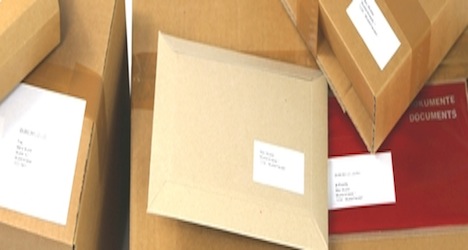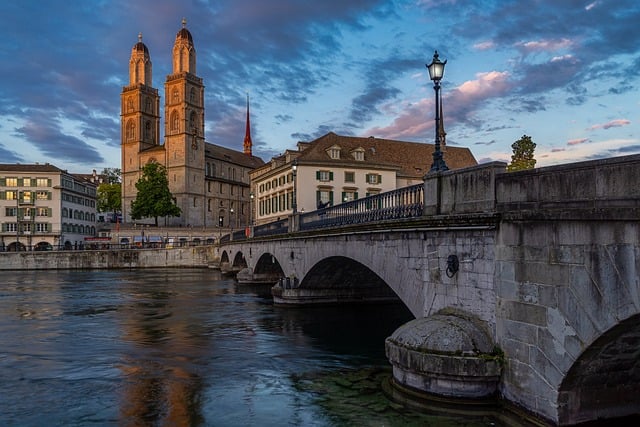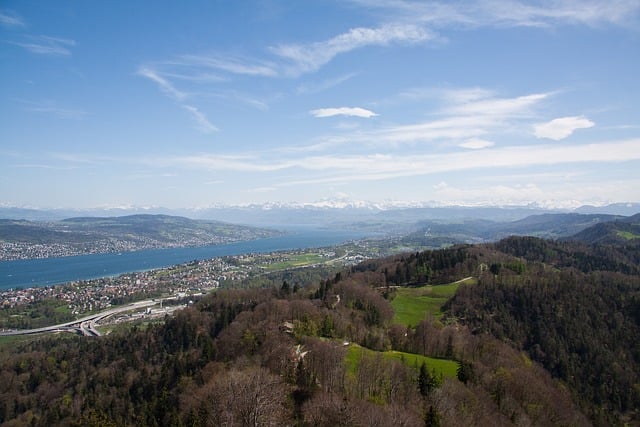Swiss are increasingly shopping online and across the border to take advantage of the strong franc and weak euro but calculating the amount of duty payable can be a headache.
Two new apps for smart phones have been launched with the aim of informing shoppers about their entitlements and customs charges that apply to items brought into the country.
The newest launch is the app Swiss Customs and VAT, which calculates the correct charges on all product categories as required by Swiss Customs, according to developer Appetite.
The app also contains an integrated exchange rate calculator and fuel prices for countries surrounding Switzerland; exchange rates are automatically updated whenever the device is online.
“An info button quickly gives information on what attracts Swiss Customs charges and what the various parameters and limits are to import products into Switzerland free of custom charges,” Appetite said in a press release.
“Once abroad (whilst offline) you can input goods and relevant prices in euros and the app shows you what the effective prices is in francs after any VAT savings and Customs charges have been applied.”
The Swiss Customs Administration has also recently produced a Travel and Goods app, which advises the user on what goods may be imported to Switzerland and whether duties will be imposed – including for goods ordered online.
The app also provides information on where the nearest big border crossing is to be found where goods can be cleared.
Goods cannot, however, be declared electronically.
Both apps are available through the usual channels.




 Please whitelist us to continue reading.
Please whitelist us to continue reading.
Member comments